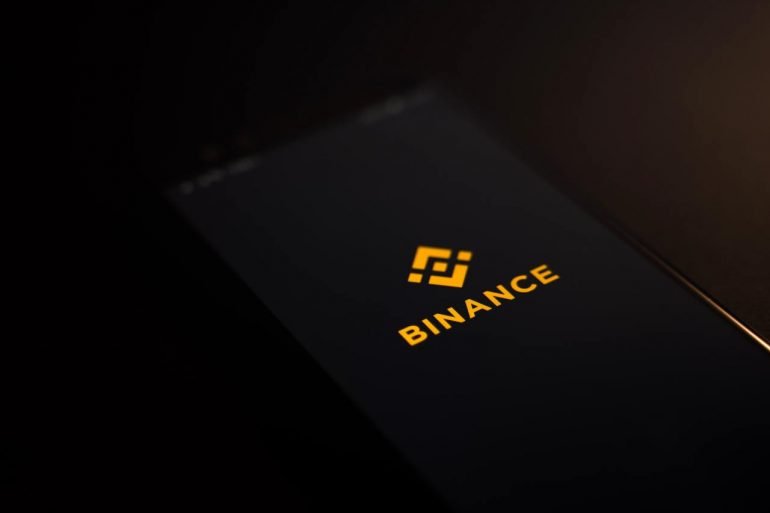Summary:
- CZ has debunked a Wall Street Journal article that suggested Binance employees had participated in insider trading of Gnosis last August.
- He stated that Binance has a zero-tolerance policy on insider trading and holds itself to the highest standards.
- CZ also asked anyone who notices anything suspicious regarding trading on the exchange to send a whistleblower email to [email protected].
The Co-founder and CEO of Binance, Changpeng Zhao, has debunked a recent Wall Street Journal that suggested employees at the exchange participated in insider trading of Gnosis tokens in August 2021.
In his response, CZ stated that Binance has a zero-tolerance policy on such activities and holds itself to the highest standards. He also provided a whistleblower email ([email protected]) for anyone to report any suspicious trading activities at the exchange. He said:
Saw an article about insider trading. We have a zero-tolerance policy and hold ourselves to the highest standards. 3 investigators reviewed the wallets, none is associated with Binance employees. If you see anything suspicious email [email protected].
Binance Tries Not to Let Project Teams Know When Their Tokens Will Be Listed
CZ explained that Binance tries not to disclose listing plans for tokens even to their respective teams to avoid incidences that could lead to insider trading. He, however, pointed out that revealing listing schedules cannot be avoided entirely. He gave the example of when Binance requires technical assistance from the respective teams.
More on the Wall Street Journal Article Suggesting Insider Trading of Gnosis at Binance
Circling back to the Wall Street Journal piece that sparked CZ’s comments, the article had suggested that several anonymous crypto investors have profited over time from having insider knowledge of token listings on crypto exchanges.
The team at the WSJ gave an example of the listing of Gnosis (GNO) on Binance in August last year. According to their analysis, one crypto wallet purchased $360k worth of Gnosis over six days before the token got listed on Binance. On the seventh day, Binance announced it was listing Gnosis.
Coincidentally, four minutes after Binance’s announcement, the crypto wallet started selling its Gnosis tokens. The sale of the tokens lasted four hours, and its owner netted about $140k in profits: a return of roughly 40%, according to an analysis performed by Argus Inc.
The same wallet was also noted to have similar buying patterns to three other tokens before listing and selling them almost immediately when announcements were made.
According to the WSJ, the wallet that bought the Gnosis ‘was among 46 that Argus found that purchased a combined $17.3 million worth of tokens that were listed shortly after on Coinbase, Binance, and FTX.’ The article also concluded that ‘the wallets’ owners can’t be determined through the public blockchain.’

